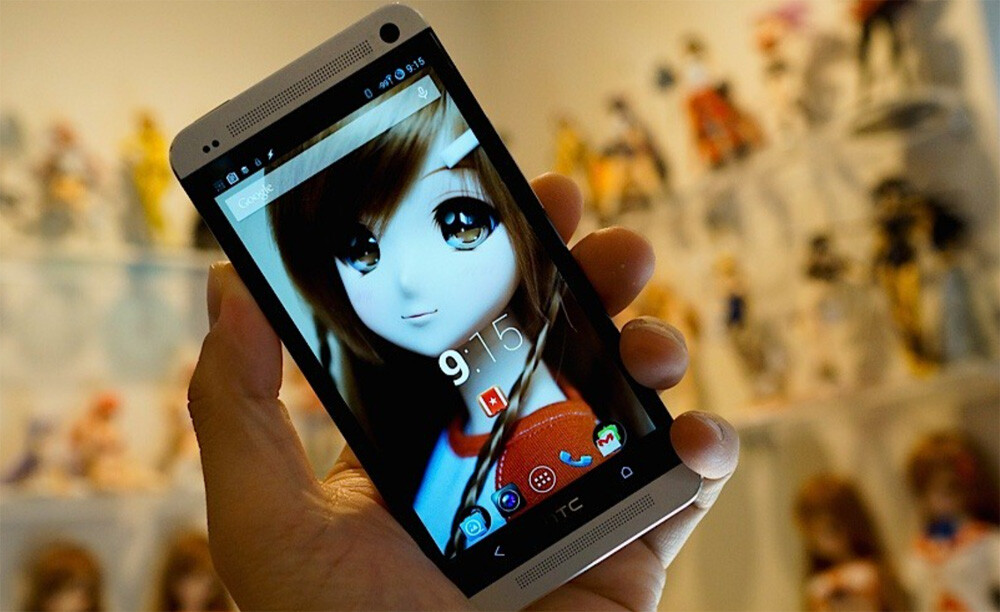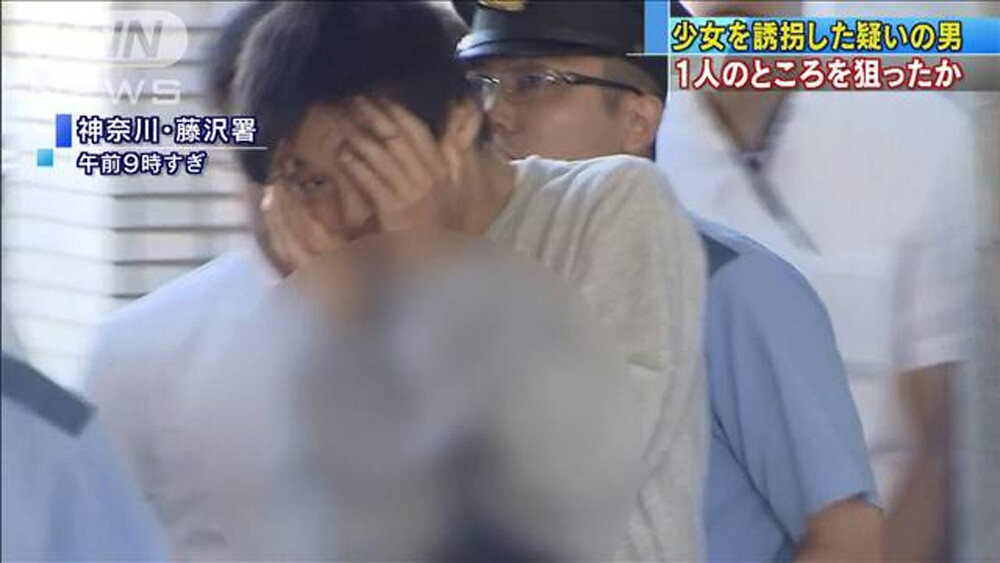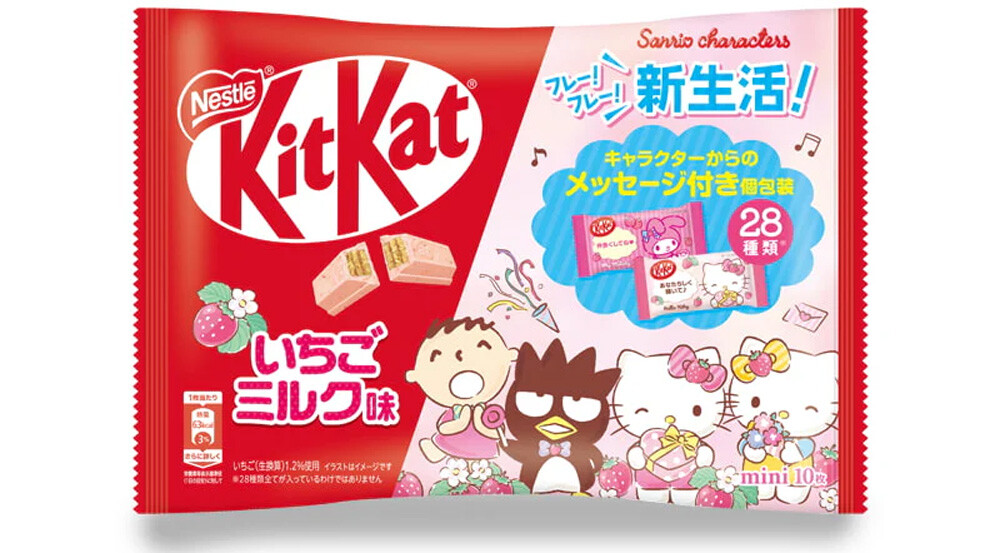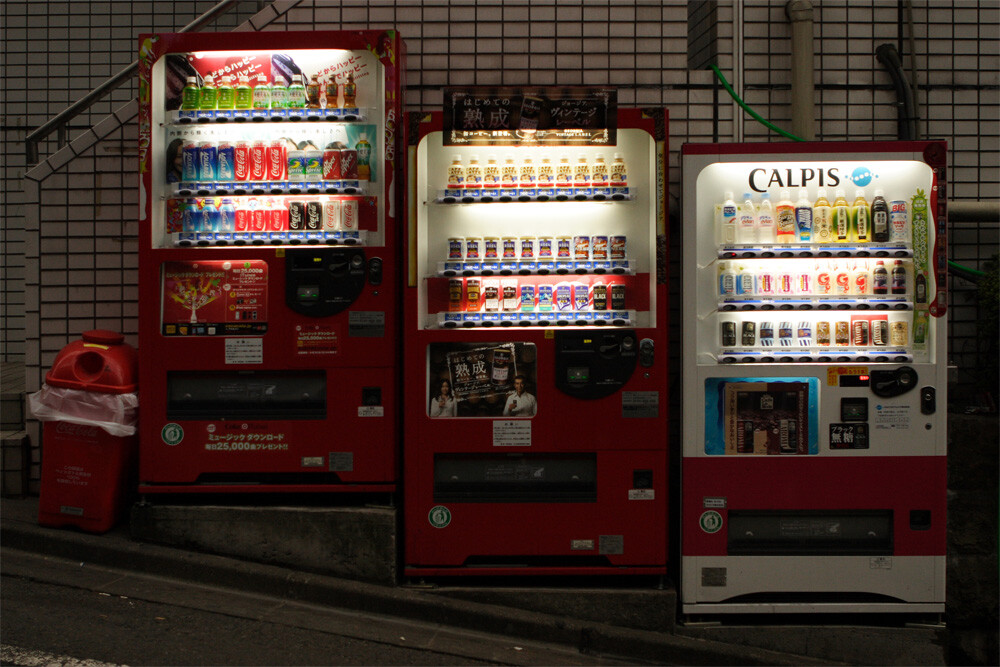Japan has a reputation for weirdness. Maybe it’s because, tired of their reputation for honor and perfectionism, they launched a campaign called Cool Japan to let the outer world know about their crazy pop culture. Maybe it’s because of trends that really originated in the Western world. Or maybe it’s because of bunch of miscellaneous quirks that each has an explanation of its own.
There Are No Trash Bins Because of Terrorism
Finish a bottle of Pocari Sweat while on the streets of some Japanese city, and you might have trouble finding anywhere to drop your trash. Apparently, this has gotten a little better in recent years, but for decades, this was a big complaint from travelers.
Don’t Miss
This lack of garbage bins has nothing to do with a lack of garbage, since convenience stores and vending machines leave people with plenty to throw away. Nor does it have anything to do with the Japanese people being very neat, since having a good place to discard litter is an essential part of neatness.
The trend really goes back to 1995, when terrorists unleashed sarin gas through the subways of Tokyo. The perpetrators were a cult whose aims made sense only to themselves, and the attack killed 14 while injuring more than a thousand. Immediately afterward, Tokyo removed its public garbage bins because they posed a security risk. Other Japanese cities followed suit.
The link between the attack and the threat of garbage bins isn’t a logical one. The terrorists didn’t stash bags of liquid sarin in bins at any point. Nevertheless, it’s common worldwide for cities to secure garbage cans when they believe there’s some elevated risk of terrorism. Japan just went further by removing the bins altogether and not replacing them.
This resulted in a convention of people now simply holding on to their disposable packaging till they finally find an opportunity for discarding it. That actually sounds to us like a setting where it’s much easier than in most countries to blend in while carrying bags of sarin.
Phone Cameras Make a Shutter Noise Because Phone Makers Fear Liability
Here’s a gross fact you may have heard already: In Japan, it’s impossible to mute a phone’s shutter sound. In a conventional camera, a shutter is a physical part that has to make a noise, while on a phone, it’s an artificial sound to indicate that you’re taking a photo. It’s an optional feature in most phones, but in Japan, it’s mandatory, to warn you when a pervert tries taking photos up your skirt undetected.
If you’ve heard about this rule before, you may have heard that it’s a national law. It’s really a convention decided upon by the companies themselves. As early as 2001, telecom companies asked phone manufacturers to lock the audible indicator in place, and the industry adopted this standard ever since. Given that companies are self-interested, we can assume they weren’t really concerned about public morals. They feared their own possible liability if victims held the companies responsible for these pics.

Maybe the companies were paranoid, and those earliest reports of upskirt photos from 2000 weren’t as numerous as we thought. Or maybe the fact that companies took steps on their own means those photos were even more numerous than we realized. Either way, the mandatory shutter sound remains. That’s even though it no longer thwarts voyeurs — since phones can record video now, without any indicator noise at all.
People Buy Christmas Wine From KFC Because One Guy Couldn’t Find Roast Turkey
Japan has a tradition at Christmas of everyone eating at KFC. Stores get booked weeks in advance, and besides just buying fried chicken, people buy full Christmas KFC hampers of cake and wine. This is a tradition expertly cultivated by KFC itself.
It goes back to 1970 when some anonymous pair of tourists walked into the first KFC in the country, talking about missing eating Turkey for the holiday. The manager, Takeshi Okawara, realized his store might not serve turkey but is a great source of poultry and came up with the idea of Kurisumasu ni wa Kentakkii, “Kentucky for Christmas.”
Other KFC spokespersons offer variations on this origin story, but they all end with KFC assuring the public that fried chicken is a traditional Christmas food. Stores now featured Colonel Sanders dressed as Santa, ads showed families gathered at the store for Christmas, and this all might not sound like that convincing of a campaign, but it took off because Japan simply had no existing Christmas traditions.

Okawara went on to be the CEO of KFC Japan for 18 years. And KFC’s Christmas packages now account for one-third of the chain’s annual sales in Japan.
Networks Blur Handcuffs Because One Defendant Got Off
When TV networks in Japan show a suspect in handcuffs, they make it a point to blur those cuffed hands. The idea here is that cuffs imply someone is a criminal, and the suspect hasn’t been convicted of anything yet, so cuffs falsely label them as guilty.

TV networks aren’t simply trying to be decent. The practice started following one specific case, when the suspect used coverage of his handcuffed self as evidence that the public was prejudiced against him. The man was Kazuyoshi Miura, who was accused of killing his wife while the two were vacationing in Los Angeles in 1981. The incident also left Miura with a bullet in his leg, so either he’d arranged the scene to fake an attack on himself or the two had been shot by some unknown assailant.
Miura was convicted in Japan before a higher court overturned the verdict and acquitted him. Networks have blurred handcuffs ever since. But while the Japanese justice system may have seen Miura’s acquittal as a defeat, that wasn’t the end of his story. Decades later, in 2008, Miura was extradited to California, where he couldn’t face murder charges due to double jeopardy but could still be tried for conspiracy.
Before the trial could start, he was found dead in his cell. He’d used his shirt to hang himself.
Kit Kats Became So Huge Because of a Language Quirk
We can’t say for certain why Kit Kat blew up so much in Japan, with hundreds of different flavors of the chocolate bar regularly available there. If any country had to come up with so many different varieties, you’d think it’d be the United States, where you can buy Coke-flavored Oreos and Oreo-flavored Coke.
But one factor that helped was that “Kit Kat” happens to sound like kitto katsu, an existing phrase in Japanese that means, “You will surely win.” No one planned this. The name really goes back to 18th-century England, when Kit Kat was the name of a mutton pie. This pie, in turn, was named for a chef that went by the name of Christopher Cat.

When Kit Kat came to Japan in 1973, the Japanese were already familiar with crispy rice thanks to rice cakes, but ads labeled this new chocolate as a Western import. They advertised it as a British product, complete with British soldiers in ads. This was a winning strategy. Half the countries in the world react with revulsion at the thought of British soldiers, thanks to historical associations, but Japan, who’d been at war with Britain just a few decades earlier, did not.
We can think of no greater lesson about reconciliation than this.
Follow Ryan Menezes on Twitter for more stuff no one should see.

